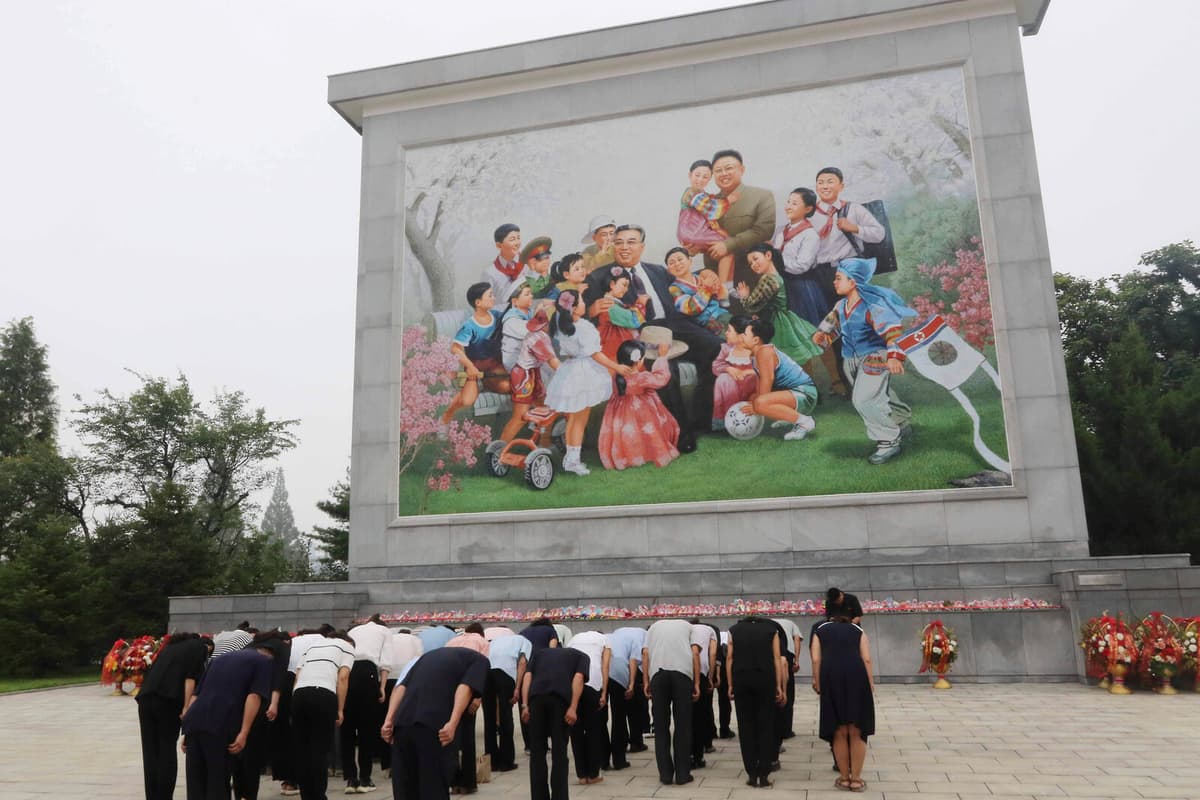Since 2015, six new laws that can all entail the death penalty have been introduced in North Korea. One of the new crimes is spreading propaganda that goes against the state.
This can also include watching movies and TV programs from abroad, not least South Korea and the USA, according to the report.
We have credible evidence that individuals have been executed (for this). Not just for watching South Korean dramas, the crime also consists of distributing foreign information and foreign media, says James Heenan, OHCHR's North Korea representative in connection with the release of the report.
Public executions
Carried out death sentences for spreading foreign media have increased since 2020 and witnesses in the report tell about the convicted being publicly shot, this as a way to increase fear among the population according to OHCHR.
The state has increased control over "all aspects of citizens' lives", notes OHCHR and surveillance has become increasingly comprehensive – a task facilitated by modern technology.
"No other population lives under such harsh restrictions", the report states according to BBC.
More in prison camps
It's not just the death penalty that has increased, the report also notes that more people are ending up in political prison camps today than ten years ago.
A UN investigation found in 2014 that North Korea commits extensive crimes against humanity, including systematic abuses committed in the country's network of prison camps.
The new report shows that at least four of the camps are still in use. The authors write that poor families are recruited to the camps, where they hope to be able to work their way up the hierarchy. Instead, many of them die, notes OHCHR.
It pains me to say that North Korea continues on its path, the population will be exposed to more suffering, brutal oppression and the fear they have been forced to live with for so long, says UN Human Rights Commissioner Volker Türk.
OHCHR's report is based on interviews with 314 witnesses who have left North Korea since 2015 and a number of organizations and human rights experts.






